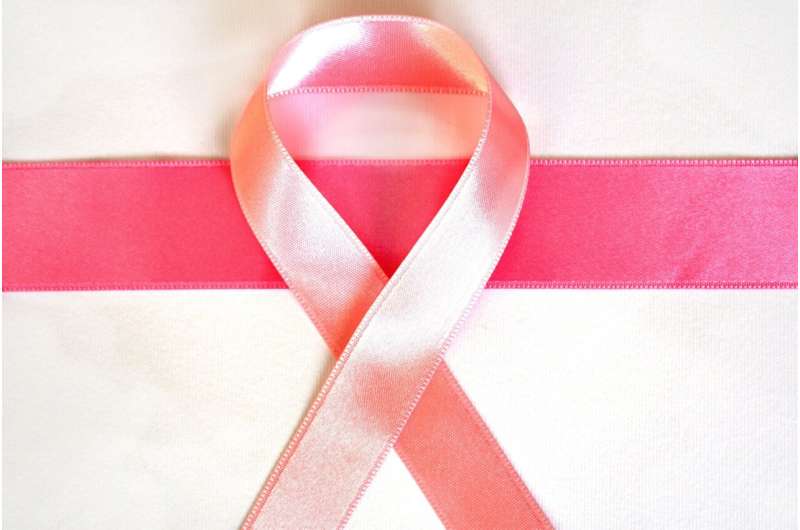
Breast cancer rates in the United States are increasing significantly, with younger women and Asian Americans experiencing the most notable rises, according to a study released on Tuesday.
A biennial report from the American Cancer Society revealed that breast cancer cases grew by one percent annually from 2012 to 2021. Despite this increase, the overall death rate from breast cancer has continued its historic decline, dropping 44 percent from 1989 to 2022.
Breast cancer is the second most common cancer diagnosed among US women, and the second leading cause of death from cancer, after lung cancer.
Approximately one-in-eight women in the US will be diagnosed with invasive breast cancer in their lifetime and one-in-43, or two percent, will die from the disease.
Over the past decade, the report said, breast cancer rates grew faster for women under the age of 50 than those older—1.4 percent annually versus 0.7 percent annually—for reasons that aren’t immediately clear.
By race, Asian American women had the most rapid increase in incidence followed by Hispanic, which the paper said “may be related in part to the influx of new immigrants, who have elevated breast cancer risk.”
Overall, the breast cancer mortality rate fell 44 percent from 33 deaths per 100,000 women in 1989 to 19 deaths per 100,000 in 2022, resulting in around 517,900 averted deaths.
But despite decades of medical advancements in treatment and earlier detection, the benefits have been felt unevenly.
Mortality has remained unchanged since 1990 among Native Americans, while Black women experience 38 percent more deaths than white women despite five percent lower cases.
The paper said these findings highlighted “disadvantages in social determinants of health” and “longstanding systemic racism and has translated to less access to quality care across the cancer continuum.”
For example, although Black women report getting mammograms more than White women, “they are more likely to have screening at lower resourced facilities and/or those that are not accredited by the American College of Radiology,” the study said.
The authors recommended increasing racial diversity in clinical trials as well as community partnerships that boost access to high-quality screening among underserved women.
In April, an influential US medical body recommended women should get screened for breast cancer every other year starting from the age of 40.
The US Preventive Services Task Force (USPSTF) had previously said that women in their 40s should make an individual decision about when to start mammograms based on their health history and reserved its mandatory recommendation for people turning 50.
More information:
Angela N. Giaquinto et al, Breast cancer statistics 2024, CA: A Cancer Journal for Clinicians (2024). DOI: 10.3322/caac.21863
© 2024 AFP
Citation:
Breast cancer deaths fall 44% since 1989 despite rising cases (2024, October 6)
retrieved 6 October 2024
from https://medicalxpress.com/news/2024-10-breast-cancer-deaths-fall-cases.html
This document is subject to copyright. Apart from any fair dealing for the purpose of private study or research, no
part may be reproduced without the written permission. The content is provided for information purposes only.



